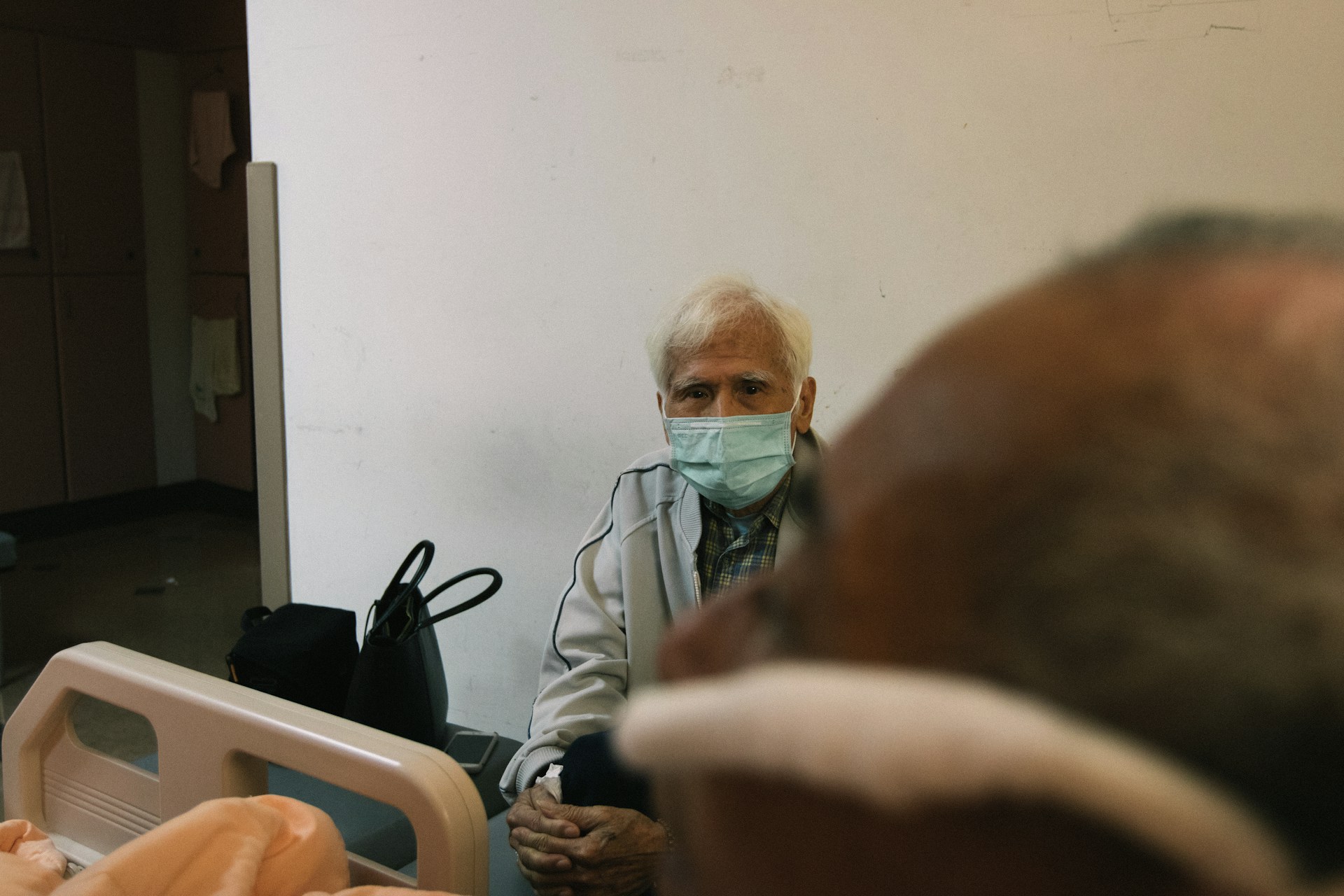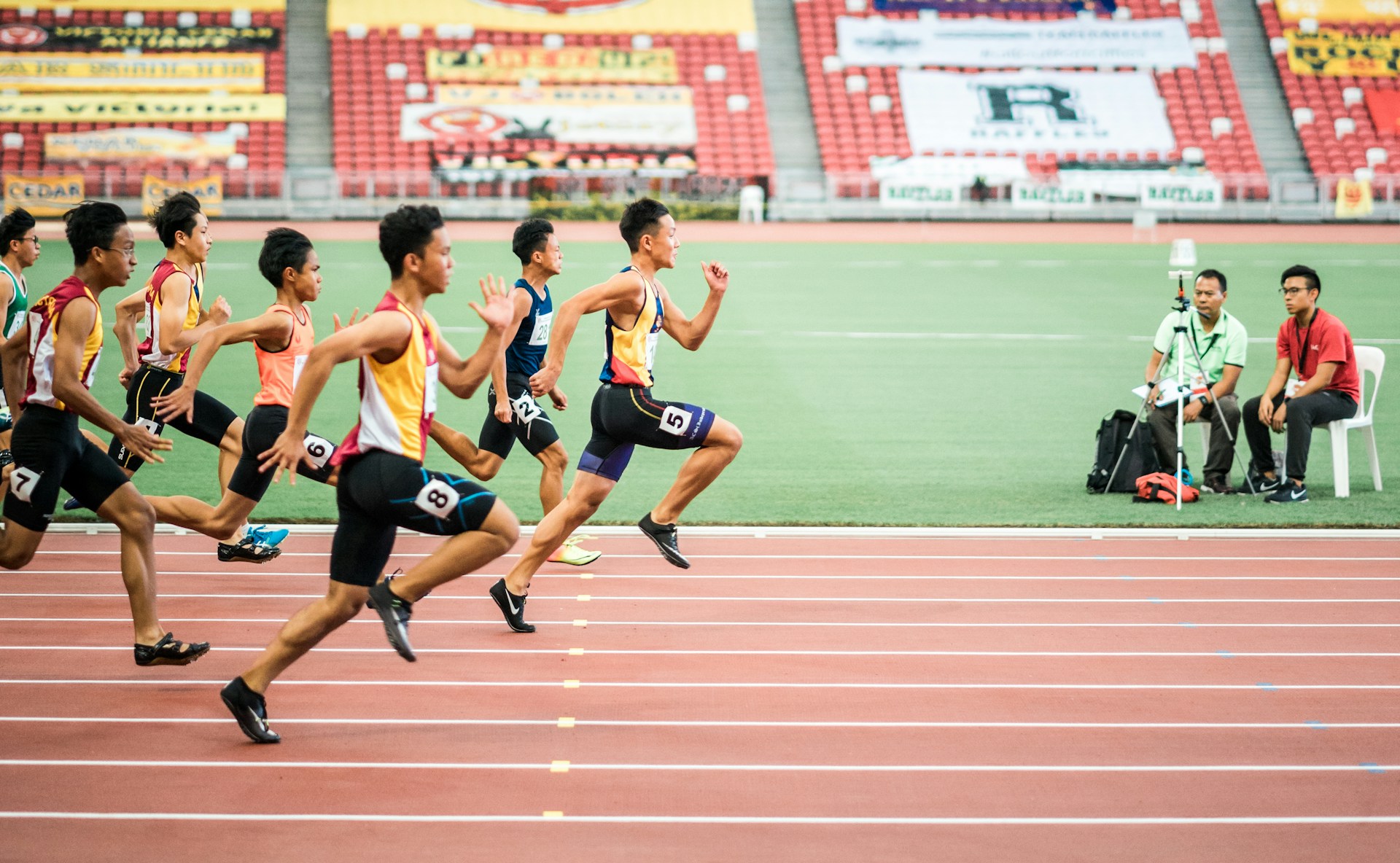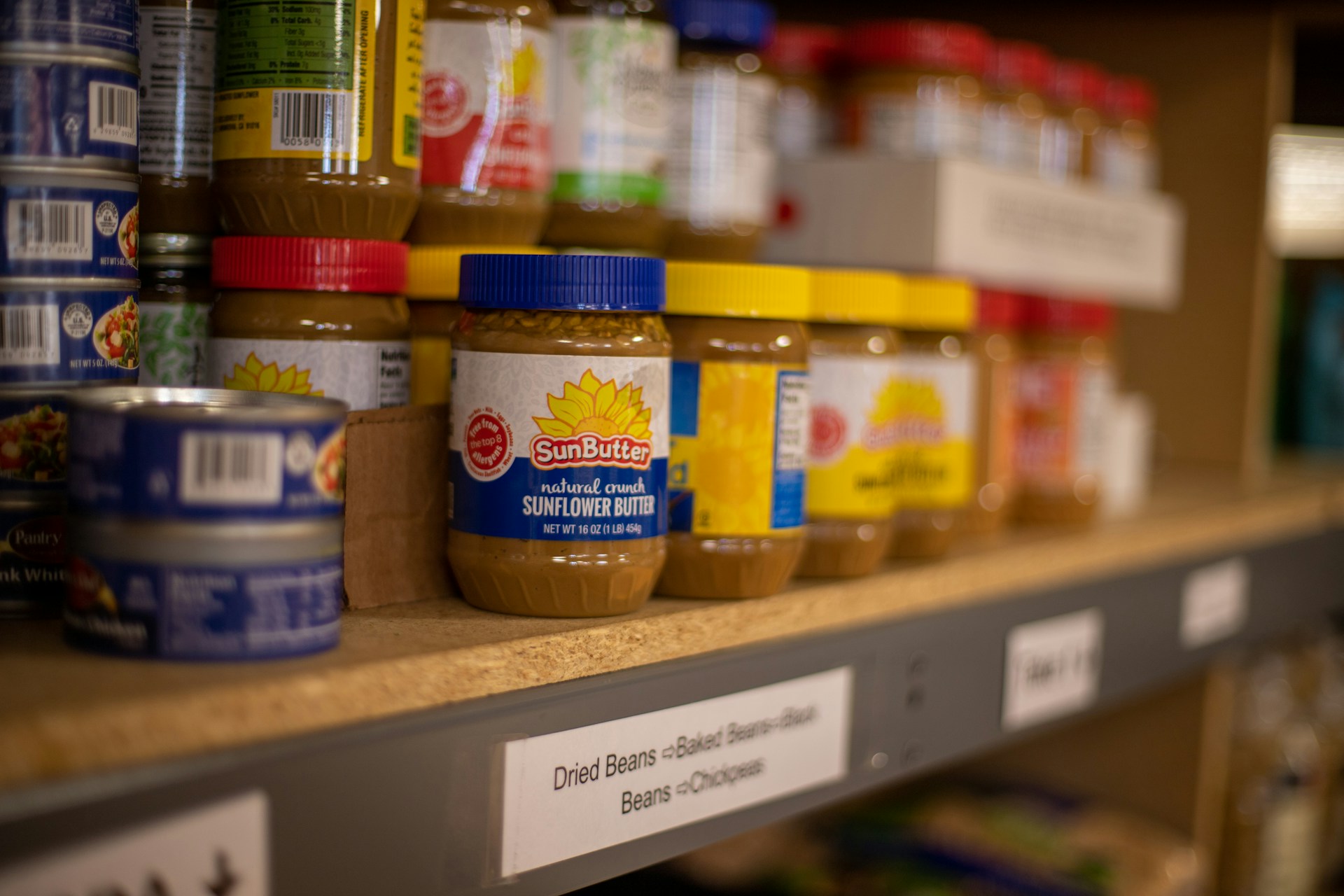Feeding Practices of School-aged Children during COVID-19 Pandemic: A Qualitative Study
Downloads
Background: Coronavirus disease-19 (COVID-19) pandemic caused the government to implement social movement restrictions affecting the household economy and school closure that will lead to change in the home food environment, parental feeding practices, and the end will influence child's eating behavior.
Objectives: This study aimed to explore the parental feeding practices among young school-aged children during the COVID-19 pandemic.
Methods: Eighteen informants consisting of mothers and a grandmother have participated in the online in-depth interview. Moreover, 4 fathers had also been interviewed to triangulate the data and to increase the meaningful insight. A question guideline was used to guide the in-depth interview process. Thematic analysis using an inductive approach was applied to analyze the transcripts.
Results: Five themes were identified around changes in food restriction, pressure to eat, giving the explanation, child involvement, and modeling.
Conclusions: During the COVID-19 pandemic, parents demand their children to have good eating behavior. However, they tend to give autonomy more often to their child to get the snacks. It would make the children lead to having poor and unhealthy eating behaviors.
Nicola, M., Alsafi, Z., Sohrabi, C., Kerwan, A., Al-Jabir, A., Iosifidis, C., Agha, M. & Agha, R. The socio-economic implications of the coronavirus pandemic (COVID-19): A review. Int. J. Surg. 78, 185–193 (2020).
UNICEF. COVID-19 and children in Indonesia: An agenda for action to address socio-economic challenges. (2020). at <https://www.unicef.org/indonesia/reports/covid-19-and-children-in-indonesia>
Akseer, N., Kandru, G., Keats, E. C. & Bhutta, Z. A. COVID-19 pandemic and mitigation strategies: implications for maternal and child health and nutrition. Am. J. Clin. Nutr. 112, 251–256 (2020).
Bundy, D. Why Nutrition in School Age Children Is Important, and Even More Important as a Consequence of the COVID-19 Epidemic? Am. Soc. Nutr. (2020). at <https://nutrition.org/why-nutrition-in-school-age-children-is-important-and-even-more-important-as-a-consequence-of-the-covid-19-epidemic/>
Adams, E. L., Caccavale, L. J., Smith, D. & Bean, M. K. Food Insecurity, the Home Food Environment, and Parent Feeding Practices in the Era of COVID-19. Obesity 28, 2056–2063 (2020).
Ventura, A. K. & Birch, L. L. Does parenting affect children's eating and weight status? Int. J. Behav. Nutr. Phys. Act. 5, 15 (2008).
Mais, L. A., Warkentin, S., Latorre, M. do R. D. de O., Carnell, S. & Taddei, J. A. A. de C. Parental Feeding Practices among Brazilian School-Aged Children: Associations with Parent and Child Characteristics. Front. Nutr. 4, 6 (2017).
Yamborisut, U., Visetchart, P., Thasanasuwan, W., Srichan, W. & Unjana, R. Parental feeding practice is associated with child's body mass index in Thai school-aged children: A case study in Don Tum district, Nakhon Pathom, Thailand. J. Health Res. 32, 82–94 (2018).
Panchal, N., Kamal, R., Orgera, K., Cox, C., Garfield, R., Hamel, L., Muñana, C. & Chidambaram, P. The Implications of COVID-19 for Mental Health and Substance Use. Kais. Fam. Found. (2020). at <https://www.kff.org/coronavirus-covid-19/issue-brief/the-implications-of-covid-19-for-mental-health-and-substance-use/>
Birch, L. L., Fisher, J. O., Grimm-Thomas, K., Markey, C. N., Sawyer, R. & Johnson, S. L. Confirmatory factor analysis of the Child Feeding Questionnaire: a measure of parental attitudes, beliefs and practices about child feeding and obesity proneness. Appetite 36, 201–210 (2001).
Philippe, K., Chabanet, C., Issanchou, S. & Monnery-Patris, S. Child eating behaviors, parental feeding practices and food shopping motivations during the COVID-19 lockdown in France: (How) did they change? Appetite 161, 105132 (2021).
Jansen, E., Thapaliya, G., Aghababian, A., Sadler, J., Smith, K. & Carnell, S. Parental stress, food parenting practices and child snack intake during the COVID-19 pandemic. Appetite 161, 105119 (2021).
Nightingale, A. J. in Int. Encycl. Hum. Geogr. Second Ed. (ed. Kobayashi, A.) 477–480 (Elsevier, 2020). doi:10.1016/B978-0-08-102295-5.10437-8
Ulin, P. R., Robinson, E. T. & Tolley, E. E. Qualitative Methods in Public Health: A Field Guide for Applied Research: Med. Sci. Sports Exerc. 37, 1249 (2005).
Vaismoradi, M., Turunen, H. & Bondas, T. Content analysis and thematic analysis: Implications for conducting a qualitative descriptive study. Nurs. Health Sci. 15, 398–405 (2013).
Vaughn, A. E., Ward, D. S., Fisher, J. O., Faith, M. S., Hughes, S. O., Kremers, S. P. J., Musher-Eizenman, D. R., O'Connor, T. M., Patrick, H. & Power, T. G. Fundamental constructs in food parenting practices: a content map to guide future research. Nutr. Rev. 74, 98–117 (2016).
Fisher, J. O. & Birch, L. L. Restricting access to palatable foods affects children's behavioral response, food selection, and intake. Am. J. Clin. Nutr. 69, 1264–1272 (1999).
Loth, K. A. Associations Between Food Restriction and Pressure-to-Eat Parenting Practices and Dietary Intake in Children: a Selective Review of the Recent Literature. Curr. Nutr. Rep. 5, 61–67 (2016).
Park, S., Li, R. & Birch, L. Mothers' Child-Feeding Practices Are Associated with Children's Sugar-Sweetened Beverage Intake1234. J. Nutr. 145, 806–812 (2015).
Gevers, D. W. M., van Assema, P., Sleddens, E. F. C., de Vries, N. K. & Kremers, S. P. J. Associations between general parenting, restrictive snacking rules, and adolescent's snack intake. The roles of fathers and mothers and interparental congruence. Appetite 87, 184–191 (2015).
Wang, L., Dalton 3rd, W. T., Schetzina, K. E., Fulton-Robinson, H., Holt, N., Ho, A., Tudiver, F. & Wu, T. Home Food Environment, Dietary Intake, and Weight among Overweight and Obese Children in Southern Appalachia. South. Med. J. 106, 550–557 (2013).
Pesch, M. H., Appugliese, D. P., Miller, A. L., Rosenblum, K. L., Lumeng, J. C. & Bauer, K. W. Approaches to restrictive feeding: Associations with child weight and eating behavior. Eat. Behav. 31, 74–79 (2018).
Ayine, P., Selvaraju, V., Venkatapoorna, C. M. K. & Geetha, T. Parental Feeding Practices in Relation to Maternal Education and Childhood Obesity. Nutrients 12, 1033 (2020).
Gregory, J. E., Paxton, S. J. & Brozovic, A. M. Maternal feeding practices predict fruit and vegetable consumption in young children. Results of a 12-month longitudinal study. Appetite 57, 167–172 (2011).
Pearson, N., Biddle, S. J. & Gorely, T. Family correlates of fruit and vegetable consumption in children and adolescents: a systematic review. Public Health Nutr. 12, 267–283 (2009).
RagelienÄ—, T. & Grí¸nhí¸j, A. The influence of peers"² and siblings"² on children's and adolescents"² healthy eating behavior. A systematic literature review. Appetite 148, 104592 (2020).
Marr, C., Reale, S., Breeze, P. & Caton, S. J. Grandparental dietary provision, feeding practices and feeding styles when caring for preschool-aged grandchildren: A systematic mixed methods review. Obes. Rev. 22, e13157 (2021).
Ehsan, S. Md. A. & Jahan, F. Analysing the impact of COVID-19 on the mothers of Bangladesh: hearing the unheard. Z. Gesundheitswissenschaften 1–14 (2021). doi:10.1007/s10389-021-01501-5
Copyright (c) 2022 Amerta Nutrition

This work is licensed under a Creative Commons Attribution-ShareAlike 4.0 International License.
AMERTA NUTR by Unair is licensed under a Creative Commons Attribution-ShareAlike 4.0 International License.
1. The journal allows the author to hold the copyright of the article without restrictions.
2. The journal allows the author(s) to retain publishing rights without restrictions
3. The legal formal aspect of journal publication accessibility refers to Creative Commons Attribution Share-Alike (CC BY-SA).
4. The Creative Commons Attribution Share-Alike (CC BY-SA) license allows re-distribution and re-use of a licensed work on the conditions that the creator is appropriately credited and that any derivative work is made available under "the same, similar or a compatible license”. Other than the conditions mentioned above, the editorial board is not responsible for copyright violation.












































